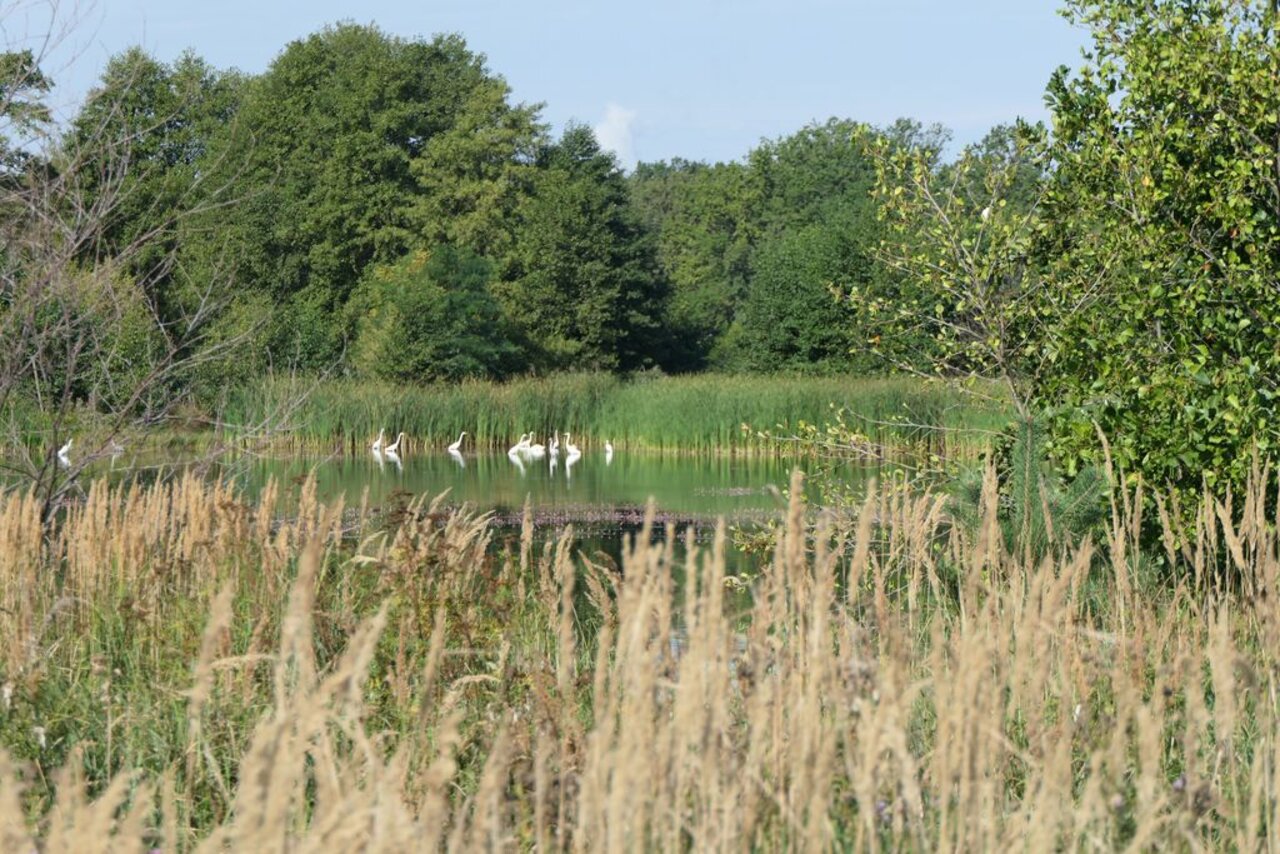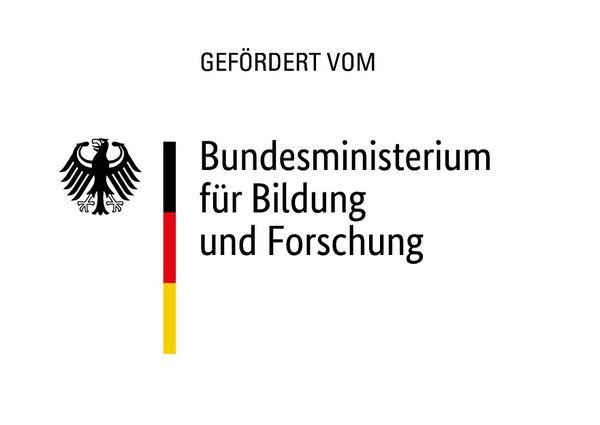Project
Safeguarding biodiversity through sustainably managed pond landscapes in Lusatia

Safeguarding biodiversity through sustainably managed pond landscapes in Lusatia
Pond farming areas provide a variety of services and more than mere fish production: fish farming ponds have positive effects on microclimate and regional water balance. They do not only serve as valuable habitats for many species, but also provide jobs and a space for recreation and tourism. Exploring possibilities on how this ecologically important cultural landscape with its high biodiversity can be protected is the main focus of the “TeichLausitz” project.
Background and Objective
The Upper and Lower Lusatian pond farming area covers parts of Brandenburg, Saxony and the Polish Lower Silesia representing the largest pond landscape in Central Europe. Its man-made fish farming ponds have been defining elements of the region’s landscape and culture for more than 750 years. Large parts of this area have been designated as an UNESCO biosphere reserve recognizing its high protection value.
Regional fish production, however, is undergoing drastic structural changes: high fish losses due to predators, which in turn are protected under nature conservation or species protection law, water shortage due to climatic change, declines in consumer demand and low prices, environmental regulations, investment backlogs and a lack of successors are challenging the aquaculture enterprises of the region. Many of them have given up their businesses due to the economic pressures.
While the primary focus on food supply is decreasing, there is an increasing emphasis on the many positive side effects of ponds – the so-called ecosystem services. These are, for example, nutrient fixation, water retention, cultural identity and providing space for recreation and tourism. A continuous management of the ponds can be seen as a prerequisite for these services. This is why the progressive number of farm closures also endangers the persistence of these cultural landscapes. Thus, from a societal perspective, the conservation of pond landscapes is of tremendous importance.
The “TeichLausitz” project therefore aims to reveal the essential connections between pond management profitability and biodiversity conservation. In addition, the project will examine the negative consequences of further declines of carp farming enterprises for nature and society. The results will enable the analysis of possibilities to remunerate ecosystem services provided by pond farming areas in order to develop scenarios for the conservation of carp pond farming in Lusatia.
For this purpose, the pond management of Brandenburg and Saxony is analyzed from ecological, economic and societal perspectives using a transdisciplinary approach. The different administrative and political frameworks of the two federal states allow for an analysis of the effects of existing structures, instruments and measures on the conservation and protection of biodiversity on the one hand, and on the profitability of regional carp farms on the other hand. Such an analysis of the current situation is the basis for the development of effective governance structures and innovative policy instruments to promote sustainable management of carp ponds. This may help to conserve the pond landscapes with their biodiversity and their ecosystem services in the long term.
Approach
The Thünen Institute is responsible for Module 4 „Microeconomic frame conditions and rentability related to policy instruments“. Within the module the typical farm approach is used to define typical carp farms in Lusatia. Typical farms are data sets based on reals costs and prices that can be seen as ”typical” for enterprises of a certain size and region. They are tools to analyze the profitability in short-, medium- and long-term in order to illustrate impacts of changing climatic, technical and political framework conditions. They are developed in focus groups consisting of fish farmers from the region.
These datasets will be used for microeconomic analyses of existing measures to compensate for the ecosystem services provided by the ponds. For this purpose, a comparison of profitability with and without the measures already in place is conducted. Based on the results, economic improvement and adaptation potential of current support programs are explored in order to compensate for ecosystem services of ponds and to support long-term viability of the sector.
Results of all modules are used for the development of innovative governance options and policy instruments. The “TeichLausitz” project has thus the chance to initiate a process that secures the management of carp ponds and preserves pond habitats in their current structural diversity along with their ecosystem services.
Data and Methods
Results
DOI: 10.3220/253-2025-150 DOI: 10.3220/253-2025-151
Thünen-Contact

Involved Thünen-Partners
Involved external Thünen-Partners
-
Institut für Binnenfischerei e.V. Potsdam-Sacrow
(Potsdam, Deutschland) -
Technische Universität Dresden
(Dresden, Tharandt, Deutschland)
Duration
10.2021 - 5.2025
More Information
Project funding number: 16LW0087
Project status:
finished
Partners
Institut für Binnenfischerei e.V. Potsdam-Sacrow (Potsdam, Deutschland)
Technische Universität Dresden, Internationales Hochschulinstitut Zittau (Zittau, Deutschland)
Verwaltung des UNESCO-Biosphärenreservat Oberlausitzer Heide- und Teichlandschaft
Funding Body


![[Translate to English:] [Translate to English:]](/media/_processed_/2/9/csm_Embryo-Exp_Gelege_9F_dpf5-200513111619_c8534a8199.jpg)
![[Translate to English:] [Translate to English:]](/media/_processed_/2/9/csm_Embryo-Exp_Gelege_9F_dpf5-200513111619_9027994d44.jpg)





